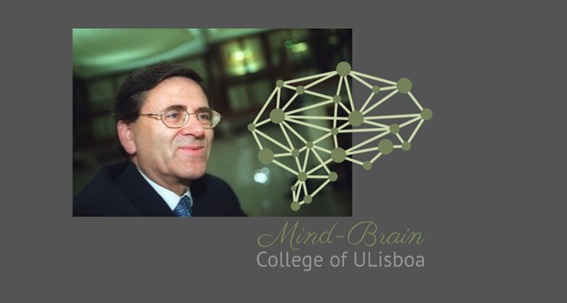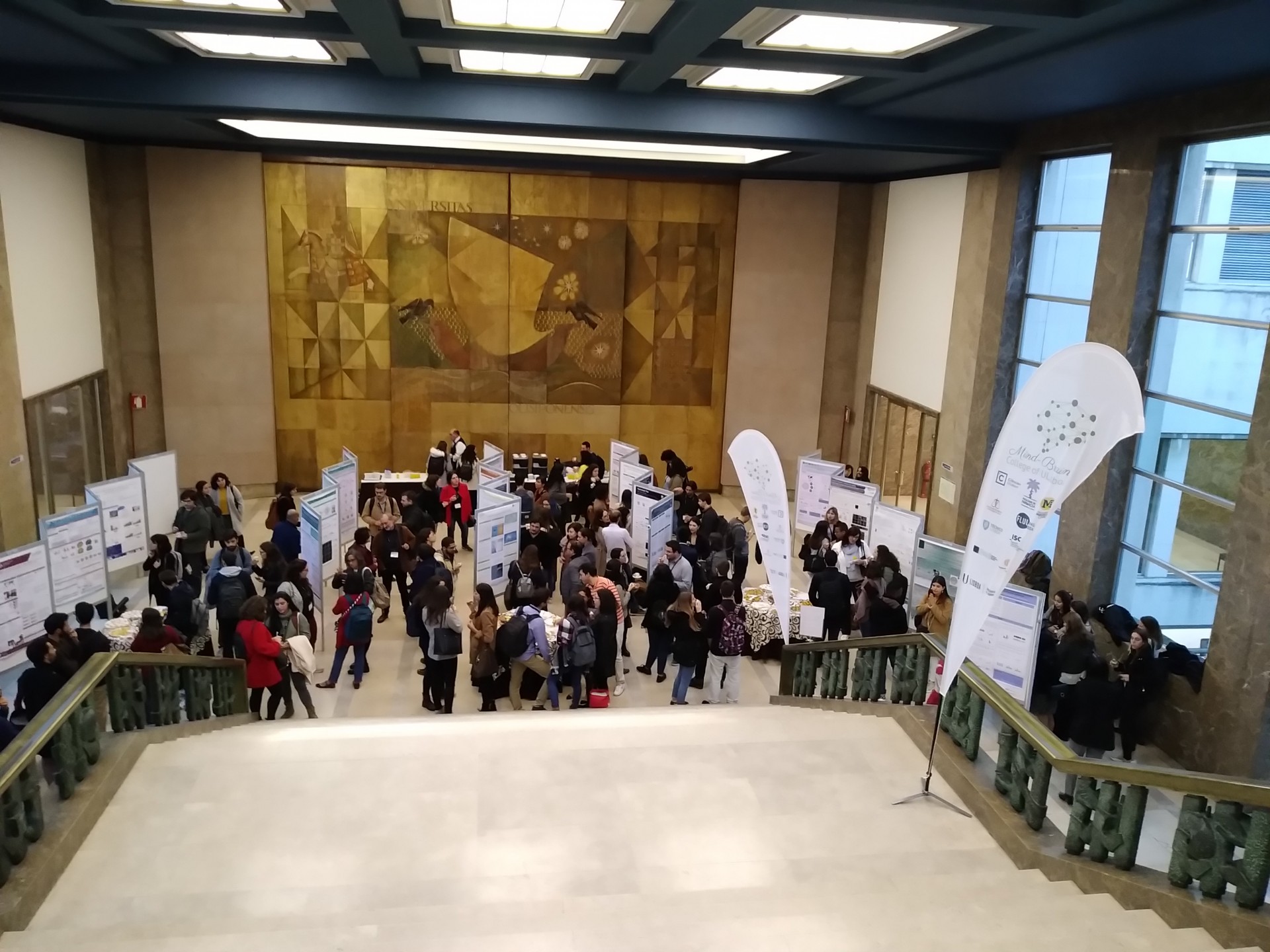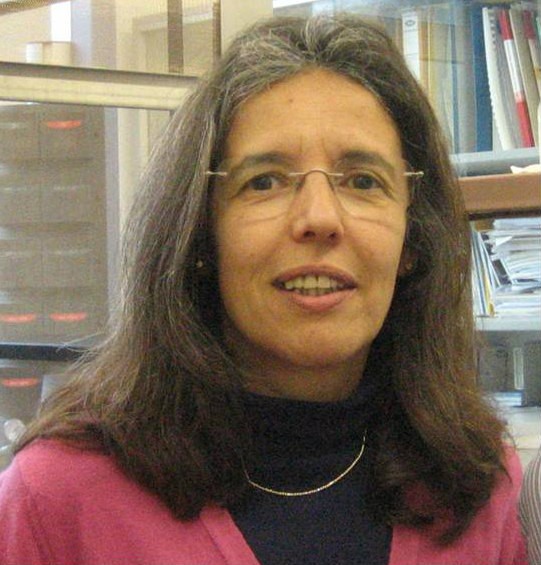
On 12 and 13 November, the 5th Meeting of the Doctoral Students of the Mind-Brain College of Ulisboa took place. As this is a joint meeting with biomedical engineering and in honour of Professor Fernando Lopes da Silva, the topics discussed at the roundtable and symposia, including key note lectures, addressed the interface between Medicine and Engineering, as well as new advances in research in the area of epilepsy. Participation and scientific discussions were very dynamic, both oral and in the panels.
At least one of the objectives of these meetings was broadly achieved, which was to promote the meeting between researchers/students/lecturers from different areas. After the meeting, we received requests from postgraduate students interested in deepening the topics referred to in the presentations or who wish to carry out their projects in similar areas for the contact (email) of the speakers.
References to Professor Fernando Lopes da Silva's scientific and human legacy were very much made and somewhat emotional. However, we kept the focus of the meeting and the tribute - a scientific gathering around the honouree’s legacy. The invited lectures were subordinated to this theme. As for the free presentations, they were on many different topics, as traditionally happens at the Mind-Brain College meetings, focusing on the work of many groups in the study of Mind and Brain in a physiological or pathological situation.
In the audience, besides the participants in the scientific domain, we had family and friends of Professor Fernando Lopes da Silva, including his children, and one of them made an evocative intervention of his father. The Faculty of Medicine and the Higher Technical Institute, both promoters of the joint meeting, were represented at the highest level by their Director (FMUL) and President (IST).
We were also honoured by the presence of the Rector of the University of Lisbon, the President of the School Council of FMUL, the President of the Scientific Council of FMUL and the President of the iMM. The Minister of Science and Higher Education, for unforeseen agenda reasons, could not be present and sent a written message.

The Doctoral Students Committee was once again very proactive in the organization, both before and after the meeting.
We also had the excellent support of various persons from the Rector’s Office, as well as the Secretariat of FMUL’s Biomedical Engineering and several sponsors, of which we highlight the Bial Foundation.
The meeting in numbers:
1 Round Table
2 Symposia
3 key note speakers
10 oral presentations
72 scientific posters
153 registered participants
You can review the program.

Ana Sebastião
Pharmacology and Neuroscience Professor
Director of the Institute of Pharmacology and Neuroscience
FMUL Deputy Director
Group Leader iMM

